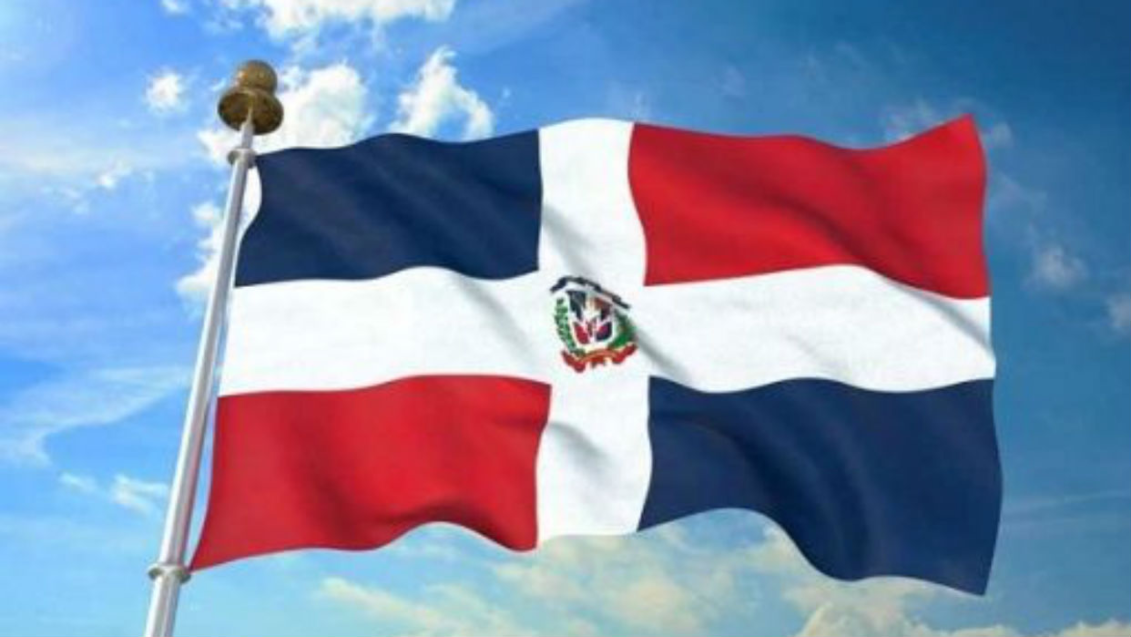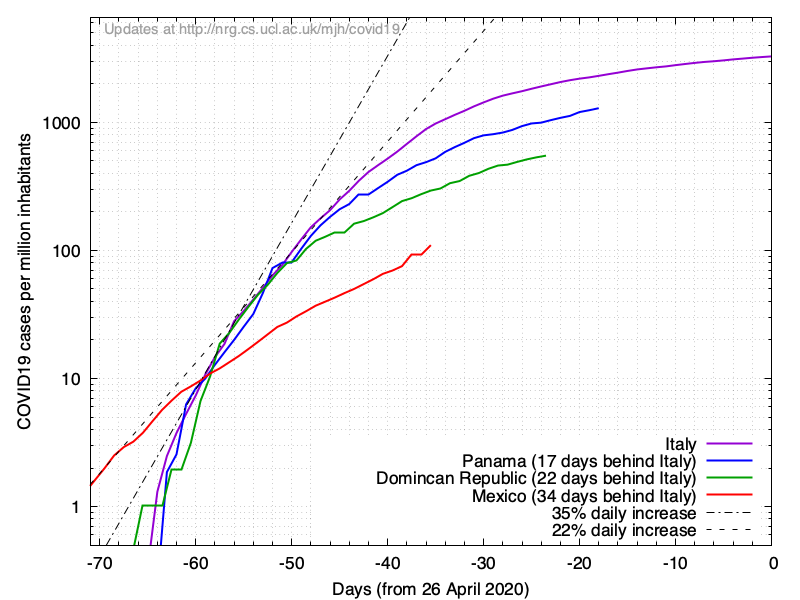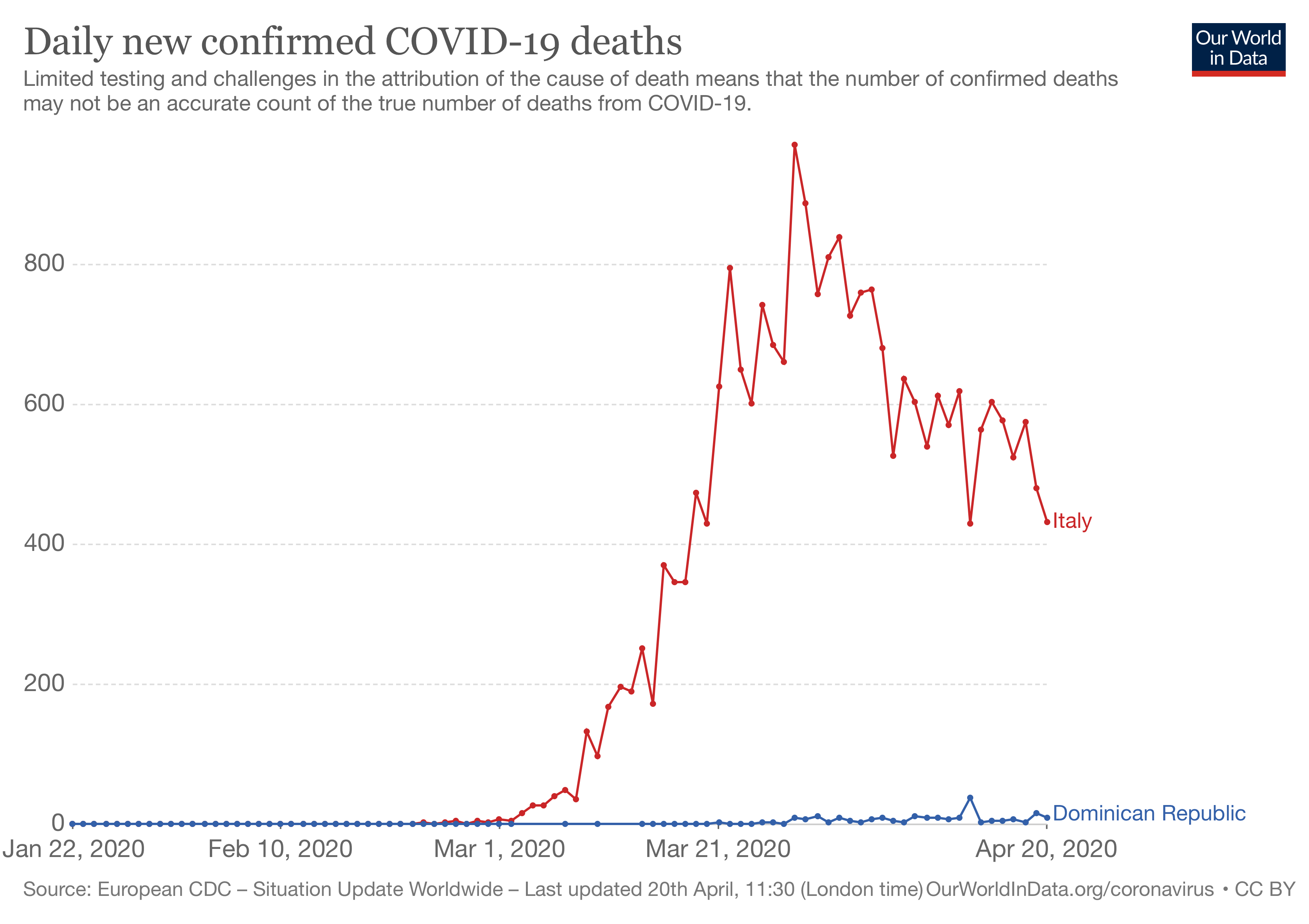
Dominican Republic: Coronavirus Pandemic Extends Danilo Medina's Presidency
In the Dominican Republic, the health crisis caused by the coronavirus is causing a political crisis to which citizens opposed for months, but against which…
A little over a month ago we saw Dominicans take to the streets protesting irregularities in the local elections of February 16: they were so profound that they led to their cancellation. And they were rescheduled for March 15.
At that time the Administrative Minister of the Presidency, José Ramón Peralta, went so far as to say that since the current president, Danilo Medina, was finishing his term, the latest social outburst was a problem for the incoming government - whatever it was - not for them.
The Minister's statement has a complex background: in June last year, President Danilo Medina told the country that he was thinking of running for a second reelection, even though the country's constitution forbids it. Medina has been head of state since 2012, seeking to complete his third successive term. The reaction of the population was so aggressive that the president was forced to resign from his intention without having started any process for the modification of the Magna Carta.
The first positive case of COVID-19 in the Dominican Republic was registered on March 1, the municipal elections were held on March 15, on the 16th the border closure began and on the 20th a national curfew was imposed which extended until April 18.
In the meantime, the pandemic in the Dominican Republic has grown at an alarming rate. In fact, when comparing the growth curves of the pandemic in the Dominican Republic and Italy, the two are similar, even though Italy has a population six times larger.

If the pandemic in the Dominican Republic has not attracted as much attention from the international media, it is probably because while the infection curve is very steep, the death curve is not. However, this may be due - at least in part - to differences in how each country analyzes and records the causes of death.
RELATED CONTENT

According to the latest report from the Dominican Republic's Ministry of Public Health, as of April 26, they had performed 32,485 tests, of which 6,293 were positive and had recorded 282 deaths and 993 cases of recovery. The report also indicates a reduction in the daily number of new cases, but it is not yet possible to say that the pandemic is being contained.
However, the consequences of the pandemic have not only been sanitary and economic, but also political.
The presidential election to elect Danilo Medina's successor was scheduled for May 17 of this year. However, given the circumstances, the Senate approved a 25-day extension of the State of Emergency decreed by Medina, and the Dominican Republic's Electoral Board postponed the presidential elections until 5 July this year.
The extension of the elections and of the State of Emergency implies that a president who the majority of the population did not wish to remain in power will remain in office longer than expected, while exercising extraordinary powers granted by the declaration of the State of Emergency.
Across the globe, voices have been raised in alarm about how the circumstances surrounding the pandemic are opening the way for the concentration and abuse of power by leaders across the political spectrum. Let us hope that the elections on 5 July can take place normally and that the pandemic can be brought under control.











LEAVE A COMMENT:
Join the discussion! Leave a comment.